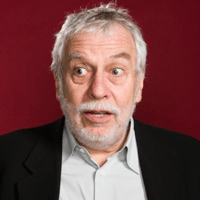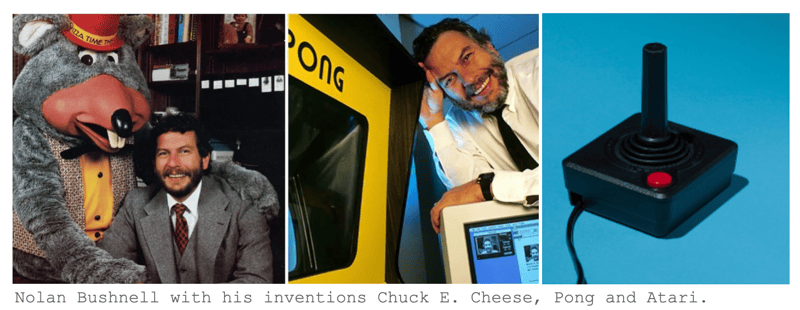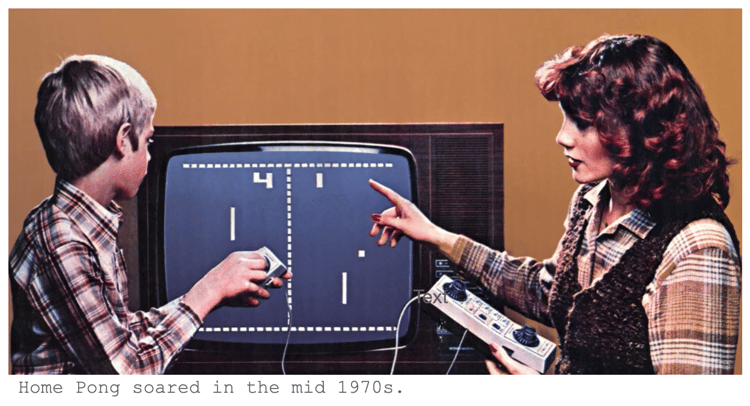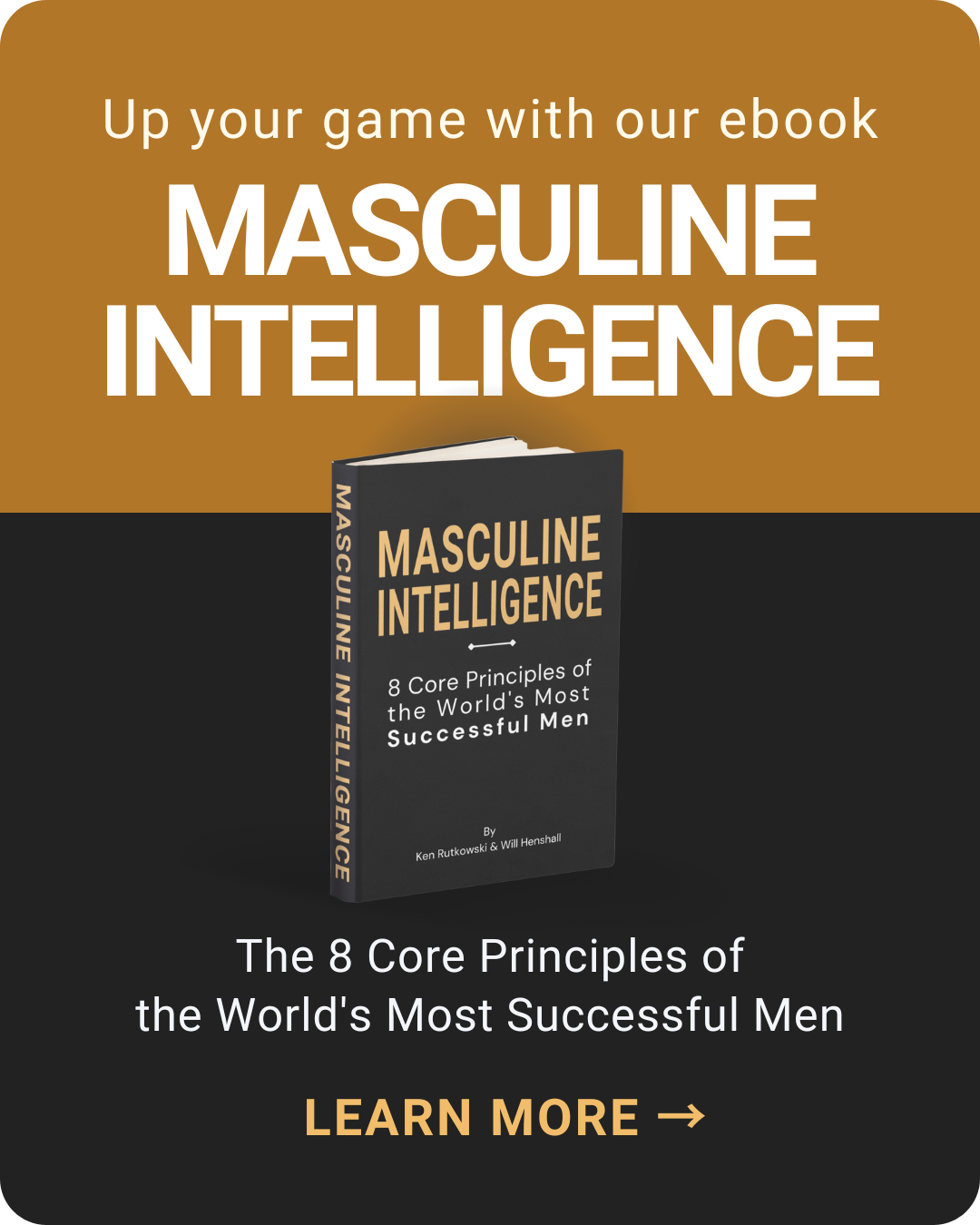
When Nolan Bushnell looks back at his legendary 80 years as founder of Atari and Chuck E Cheese, among other accomplishments, he doesn’t see a masterplan. He sees luck.

“Don’t be too full of yourself,” he warns, “thinking that you planned your life with precision. Happy accidents happen to you and they lead to new directions.”
Bushnell credits his initial success to 3 happy accidents.
The first was that in the early 60s, “I put myself through college by working at a games arcade. The second was that I went to the University of Utah. In 1964, there were only three places in the world that had a screen connected to a big computer; MIT, Stanford, and the University of Utah!”
There, while working with one of the only professors in the world experimenting with video monitors on computers, he saw a game called Space War.
Watch Nolan Bushnell
“I thought if I had a coin slot on this monitor and put it in arcades, I’d make a fortune. But at 25 cents a pop on a computer that cost about a million dollars, the numbers at three minutes a game didn’t really work out.”
Then came the third happy accident.
“I graduated and went to work for Ampex. Because I was focused on video games? Not at all. They just happened to offer me the most money. Well, one day, it came across my desk that there was a drop in chip prices from $2 to 20 cents. Now the math worked out. And the concept for Pong was born.”
Three happy accidents got him that far. But it was a realization about his brain’s capacity and some bold exaggeration that got him to his first millions.
He took the Pong prototype to the big annual New York Toy Fair. Although it wasn’t quite an exact prototype, it was made of wood painted to look like plastic. And the actual electronics of the game? They were in a hidden box underneath the display table.

Resilience is key
“We sold exactly zero units. Nobody thought they could sell a game for more than $29; a number set by some electronic toy the year before. We went to TV retailers and got nothing. It turned out that the sports department at Sears & Roebucks had sold a pinball machine for $300 during the past Christmas season, so we contacted the head buyer of that department and he made his way from Chicago to our doorstep in Silicon Valley the next morning.”
The buyer was all in. “It was the beginning of April and he asked me how many we could deliver by November for the Christmas season. I had no idea! So I excused myself to ask my partner and he told me we could maybe knock out 25,000 units. I came back to the Sears buyer and told him we could produce 75,000 units. ‘Great,’ he said, ‘but I’m going to give you an order for 150,000 of them.’”

This taught Bushnell a life-altering realization: “We are often constrained by our own brains. The minute we had an order for 150,000 units, we began to think ... well, how can we do that?”
The chips? They figured it out. The plastic? “We figured we’d run the injection models 24/7 with a night shift and run three production lines instead of one.”
Bushnell and his team figured out the logistics but then discovered they didn’t have the money to do it.
“I called the buyer at Sears with the bad news and he just said, ‘don’t worry. I’ll introduce you to my guy at Sears Bank.’ And that was it!” Bushnell laughs. By November 15th of that year, we had produced 180,000 Pong games.”
Happy Accidents on Purpose
Now in his 80s, Nolan Bushnell creates happy accidents for himself by design.
“Call it a life hack,” he says. “Every January 1st, I play a game where I write down thirty different projects I could do during the coming year part-time and put those slips of paper into a hat. Then I pull one that’s totally random so I don’t let my laziness guide the choice. One year it was to write a book which I never would have done otherwise. This year it’s learning Spanish. It keeps the synapses growing. And you never know what you’ll discover next.”
Today's email was brought to you by Adam Gilad.



